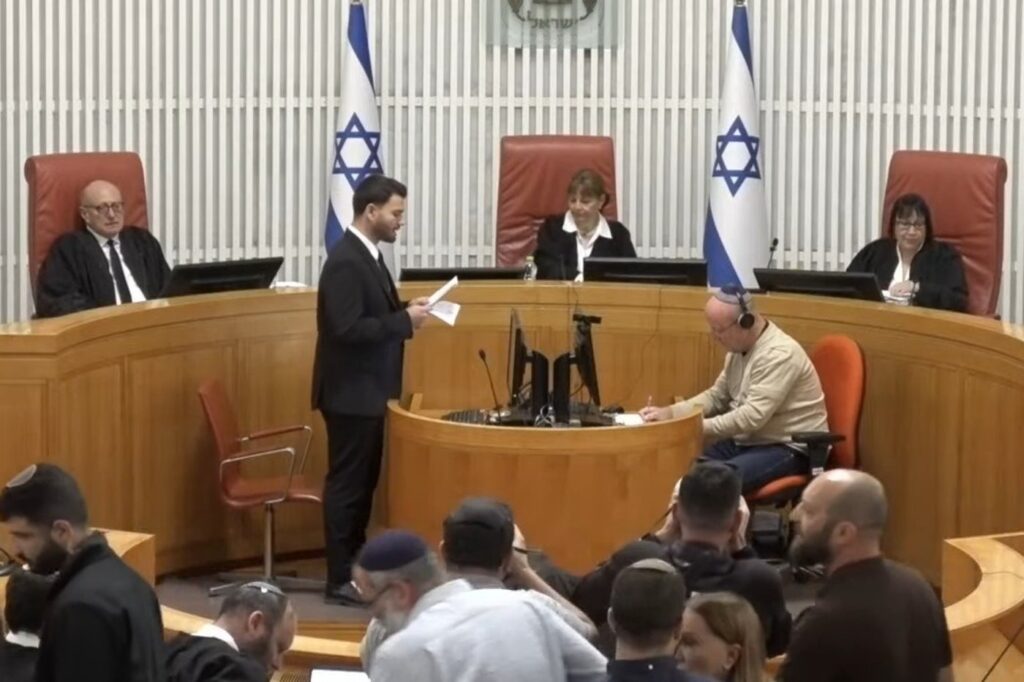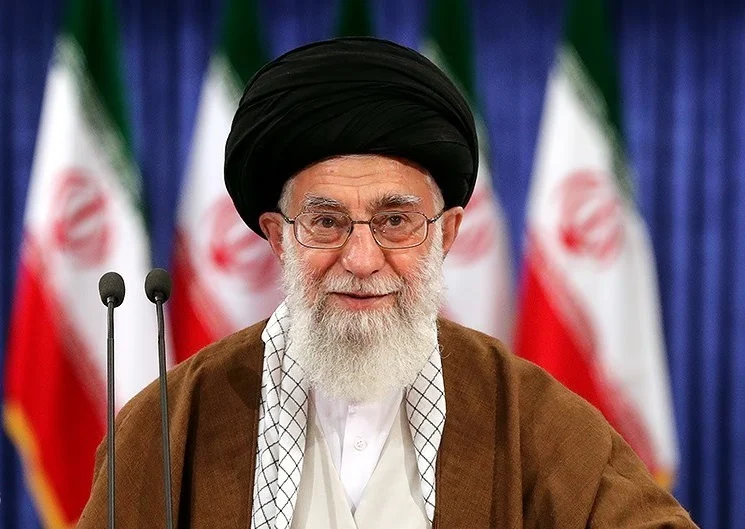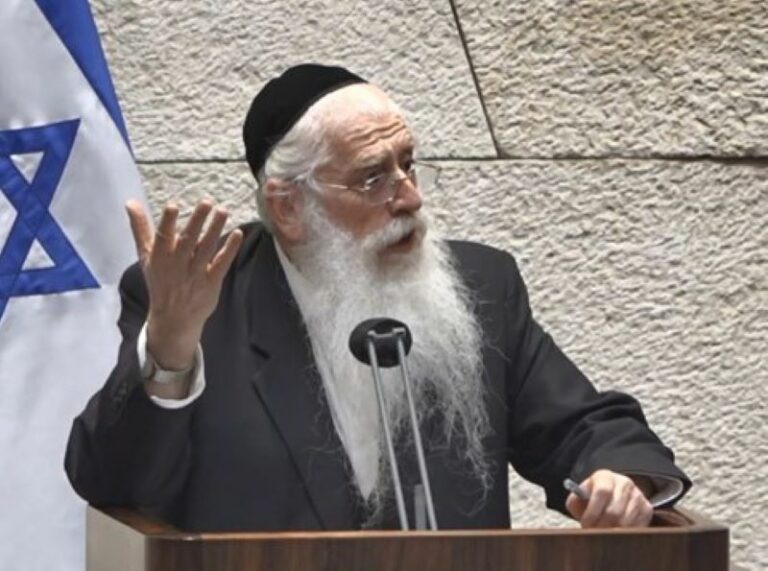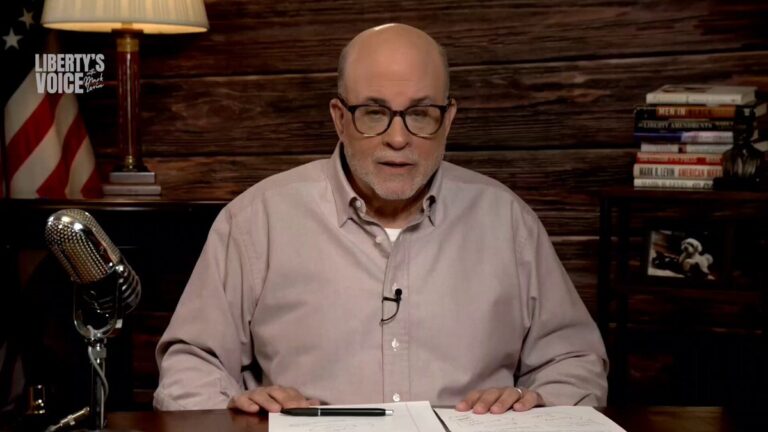The Supreme Court issued its ruling on Sunday on the petitions concerning who will head the probe of the leak of the Sdei Teiman video and the role of the disgraced Military Advocate General and other senior IDF officials.
The ruling rejected the position of Attorney General Gali Baharav Miara, who proposed that a retired Supreme Court judge head the probe, and stated that Justice Minister Yariv Levin has the authority to transfer oversight powers for the investigation to another official.
However, the ruling determined that while Levin “acted within his authority in appointing Ombudsman for Judges Asher Kula to oversee the probe, Kula cannot serve in the role due to the Ombudsman Law, which prohibits him from engaging in any additional occupation. Instead, “Levin must make a new decision under his authority, and that decision must meet the standards and limitations detailed in the ruling, including relevant legal experience, lack of political affiliation, and no involvement in the affair.”
Justice Yael Willner, who authored the main opinion, emphasized at the outset that “this is an exceptionally serious and sensitive case. The developments of the affair created an unusual situation in which the Attorney General is barred from overseeing the investigation. In these circumstances, the need arose to fill the role of oversight of the police investigation, which by law belongs to the Attorney General.”
Willner noted that Levin’s decision to transfer the Attorney General’s supervisory authority to an external figure outside the government’s legal advisory system and the State Prosecutor’s Office was “a dramatic decision that raises great difficulty, as it conflicts with the principle of independence of the criminal prosecution system, a supreme principle in our legal system, and with the rule derived from this principle that political actors must not intervene in specific criminal investigations.”
However, she concluded that since “senior officials in the Attorney General’s office and the State Attorney’s Office, including the Attorney General herself and the State Attorney, were involved in the events under investigation and may be required to testify, and given the hierarchical relationships within these institutions, the exceptional and extreme circumstances justify a limited deviation from the law against political involvement in criminal investigations, despite the significant challenges this poses.”
She stressed that Levin’s decision did not constitute direct interference in a specific investigation but only indirect intervention in choosing which state employee would assume supervisory powers, with no further connection between the minister and that employee once the powers are transferred.
Following the ruling MK Avichay Boaron and the Lavi organization issued a statement saying that it is “a huge victory for anyone who values truth and justice….this is not the first or second time that the Supreme Court has ruled that the Attorney General’s position is incorrect, which shows that besides being a political actor, she is simply negligent and amateurish.”
“We demand that the prosecution respect the ruling and immediately remove itself from the investigation—only then will the truth come to light.”
Simcha Rothman, the chairman of the Knesset’s Constitution Committee wrote, “Who would have believed it? Another position submitted by the Attorney General, the ‘authorized interpreter of the law’ who blocks the government from receiving authentic representation day in and day out, was rejected by the court.”
“A position that was submitted in conflict with personal and institutional interests and ignored the words that are actually written explicitly in the law. The Attorney General interfered in an investigation despite her conflict of interest. She refused to recuse herself for a long time. She tried to interfere in the identity of who would replace her, also in conflict of interest, and continues even at this moment to intimidate the police investigators.”
“The second discussion on the bill to split the role of the Attorney General that I submitted is being held tomorrow. And thanks to Gali Baharav-Miara for the perfect demonstration of the necessity of the law.”
Likud MK Moshe Saada responded to the ruling by stating, “The Supreme Court’s decision to recognize the justice minister’s exclusive authority is an important and correct ruling that begins to restore power to the elected officials.”
“I am pleased that the legal opinion I wrote for the justice minister—stating that the exclusive authority lies in his hands and that the Attorney General and the prosecution face a severe conflict of interest—was fully accepted by the justices.
“I now intend to present additional candidates to the justice minister and move quickly toward appointing an external figure who will uncover the truth, rather than participate in cover-ups and protect the system as has happened until now.”
(YWN Israel Desk—Jerusalem)











2 Responses
“as it conflicts with the principle of independence of the criminal prosecution system, a supreme principle in our legal system…” didn’t know they had any principles. “Independence” in this contests means “Supreme kangaroo court can rule and decide as it fits their personal and political favour”
Apparently the SC came to the conclusion that they have no choice but to throw the MAG under the bus, which may very well pull the AG under the bus with her. They probably read the news, and the map, and understand that if they don’t chill a bit with their dictatorship, they will be the next target.